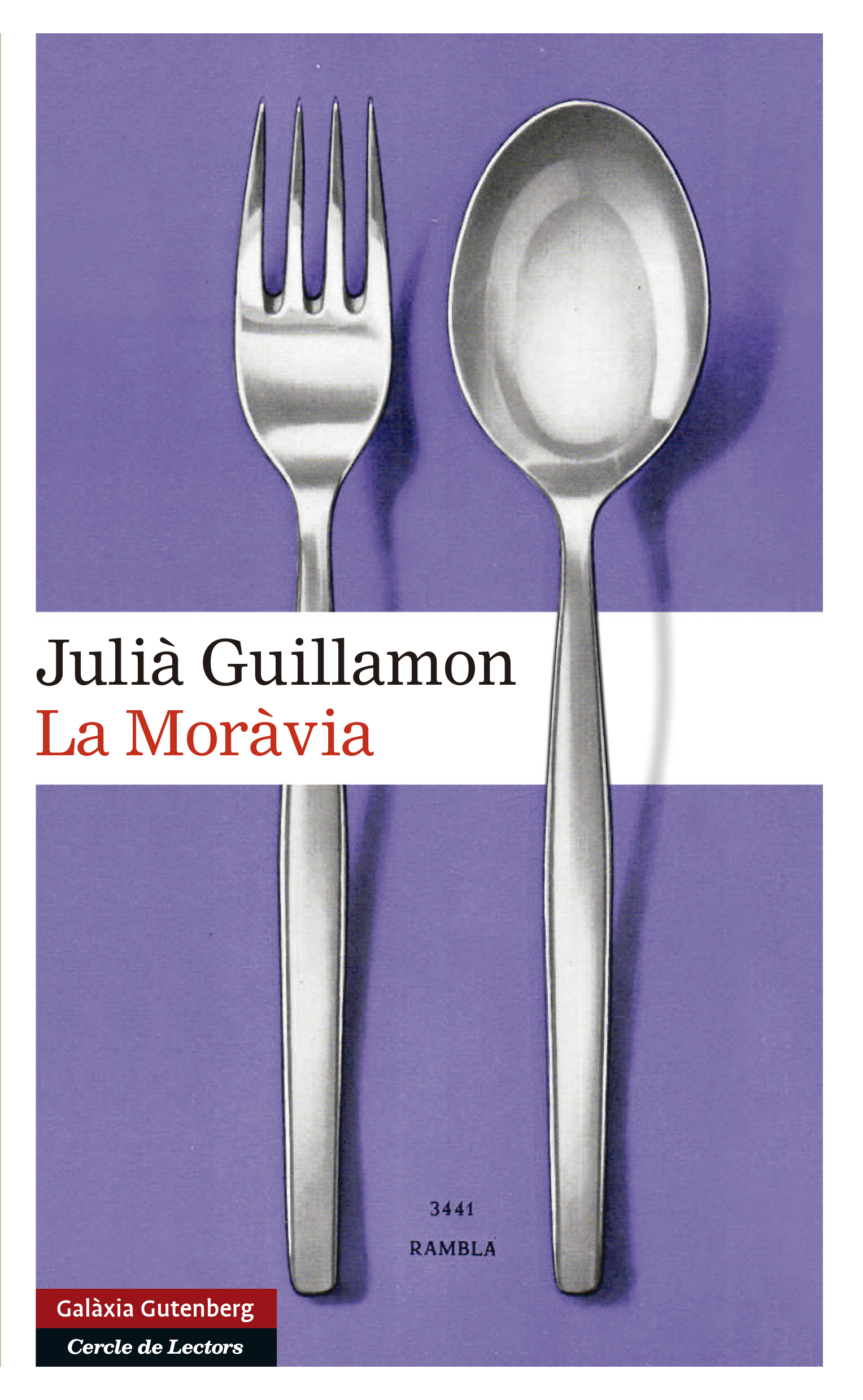"Julià Guillamon has written a novel unique in Catalan literature drawn from the delirious recreation of the lost world of industrial Barcelona”. - Josep Massot, La Vanguardia
"An obsessive novel, erudite and sensational” - Eloy Fernández Porta, La Vanguardia
"A daring literary risk which deconstructs the social uprooting novel, which avoids mimicking, to settle itself in its lyrical aim, a metaphor of a bygone age” - Óscar Carreño – Quimera
After a period of intense nightlife, Barreiros, the protagonist of La Moravia, decides to shut himself away: his idea is to convert his flat into an indirect monitor of the industrial past. The flat is equipped with a screening room where he shows documentaries, infomercials and advertisements from the 50s and 60s, a time when humanity believed in progress. And display cabinets with component parts, manufactured objects, mechanisms, many of them jammed or broken, which speak to him of the imperfection and impossibility of utopia.
Over several months, he tries to revive that idea of the future on a small scale: through literature, ideas about the nature of the city, love or journeys. He ends up confronting his own past, which is the same as for many people today, sons and daughters of industrial workers: their world is not nor will ever be that of their parents.
It is structured as short, themed chapters, the same form as in Bouvard et Pécuchet by Gustave Flaubert or in À rebours by J.K. Huysmans, but in radically modern visual language. A style which combines philosophy and humour, to portray the tragedy and comedy of contemporary man.
